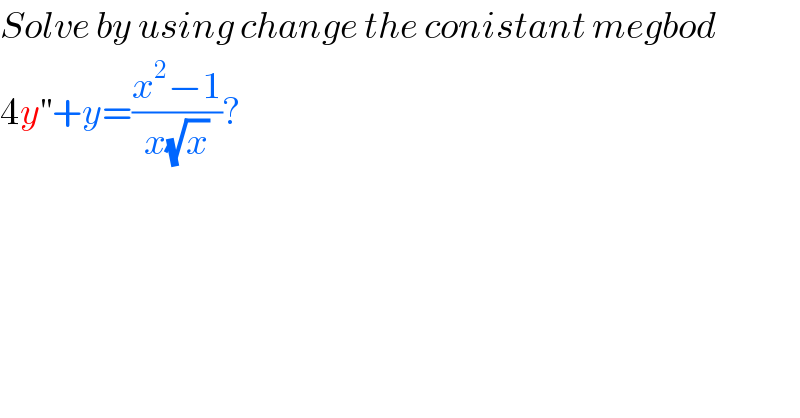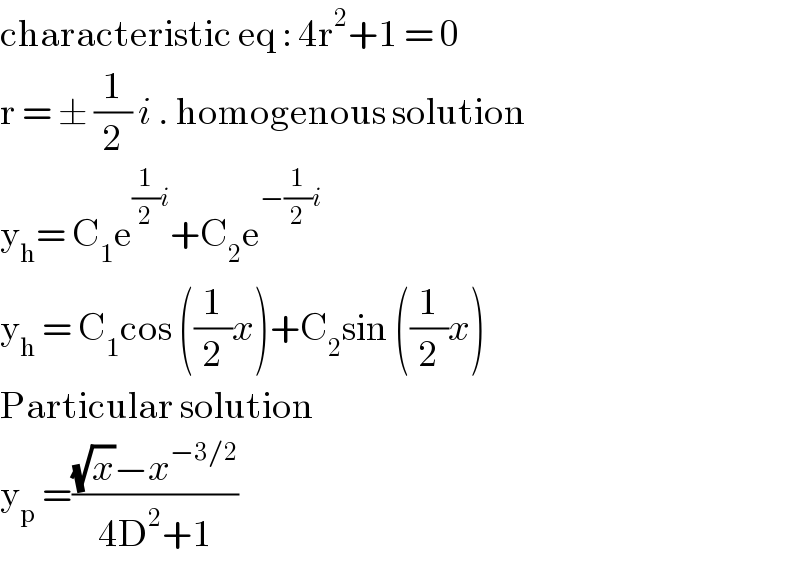
Question and Answers Forum
Question Number 93451 by mhmd last updated on 13/May/20

Commented by i jagooll last updated on 13/May/20

Commented by mhmd last updated on 13/May/20

Commented by john santu last updated on 13/May/20

| ||
Question and Answers Forum | ||
Question Number 93451 by mhmd last updated on 13/May/20 | ||
 | ||
Commented by i jagooll last updated on 13/May/20 | ||
 | ||
Commented by mhmd last updated on 13/May/20 | ||
 | ||
Commented by john santu last updated on 13/May/20 | ||
 | ||